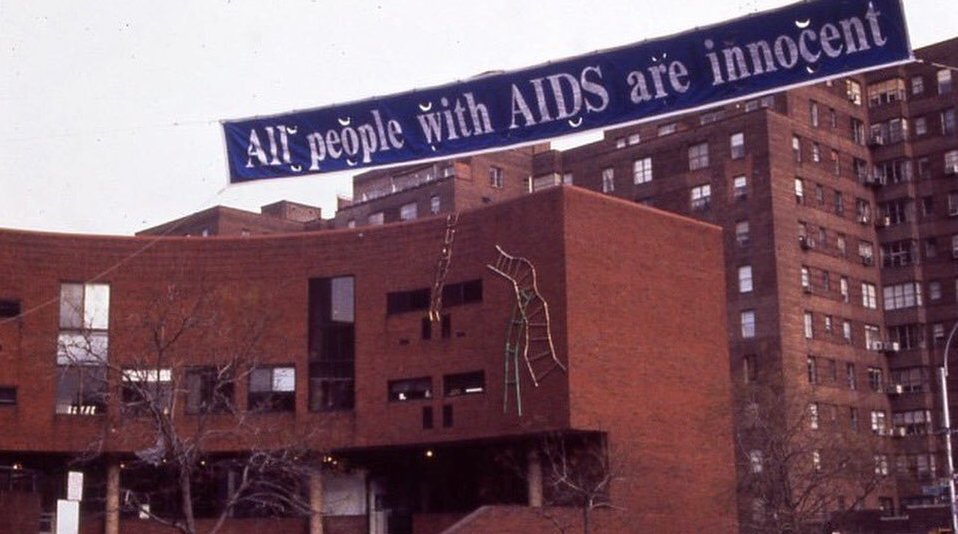Philadelphia is set to receive more funding for HIV as part of President Trump's new initiative to eliminate the virus by 2030. Philadelphia officials, however, are not sold.
“We’re glad that the administration is talking about eliminating HIV infection,” Philadelphia’s Public Health Commissioner Tom Farley told The Philadelphia Tribune. “That’s certainly important. Our question is, really, what’s new about this plan? And that’s not clear."
President Trump announced the push to eradicate HIV in America during his 2019 State of the Union address, NPR reports.
His administration plans on ridding America of HIV by investing in medical care in select cities and states it calls HIV "hotspots," with Philly being one of those. Other hotspots include Washington, D.C., Philadelphia and parts of Alabama, Mississippi and Arkansas. Those states account for more than 50 percent of new HIV diagnoses in 2016 and 2017.
Philadelphia has one of the highest HIV infection rates in the country. Nearly 70 percent of those diagnosed with HIV in the city are Black.
Despite the importance of an injection of HIV funding, Farley maintains much of what Trump’s administration plans to do to provide greater access to healthcare is actually already happening.
About 85 percent of Philadelphians diagnosed with HIV have already been connected with healthcare. More than half of those patients are virally suppressed, meaning medicine has rendered the virus virtually undetectable. The virus is no longer sexually transmittable once it’s been virally suppressed.
“It’s a medical virus, but it’s really a social problem,” said Aviva Joffe, HIV program director at Einstein Healthcare Network. “And it intersects with larger social problems, such as racism and sexism, homophobia, transphobia, stigma, trauma, violence, poverty. And those are the reasons why not everyone can adhere to either a treatment or prevention regimen.”
Blavity previously reported stigma toward people living with HIV is a barrier to optimal treatment. Those living with HIV/AIDS sometimes neglect their physical and psychological well-being to avoid discriminatory outcomes.
Before making the announcement about its HIV initiative, the Trump administration was criticized for cutting funding to public health programs and for implementing policies that some call anti-LGBTQ. The administration, for instance, has changed executive branch guidance on the definition of gender. As Blavity reported, some felt this to be an attack on the transgender community.
Joffe said the federal government will need to take an intersectional approach if it is really serious about ending the HIV epidemic.
"I do think that an important piece is continuing to increase funding in the HIV system,” Joffe said. “But I also think that it’s interconnected with so many other social issues that if we don’t also make progress on them, we’re going to continue to see HIV.”
Blavitize your inbox! Join our daily newsletter for fresh stories and breaking news.
Now check these out:
HIV Transmission Rates Are Experiencing A Nationwide Decline — Except In The South
7 Black AIDS Activist To Know On Worlds AIDS Day
CDC Study Shows HIV Testing Not Reaching Gay Black Men In The South
